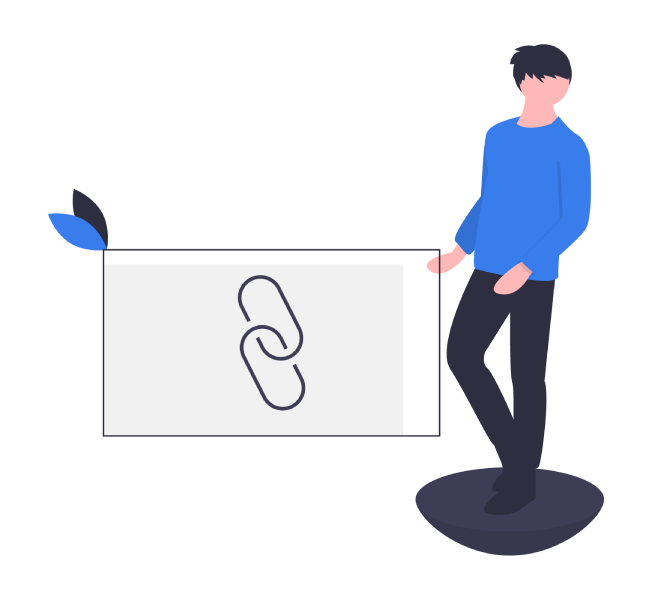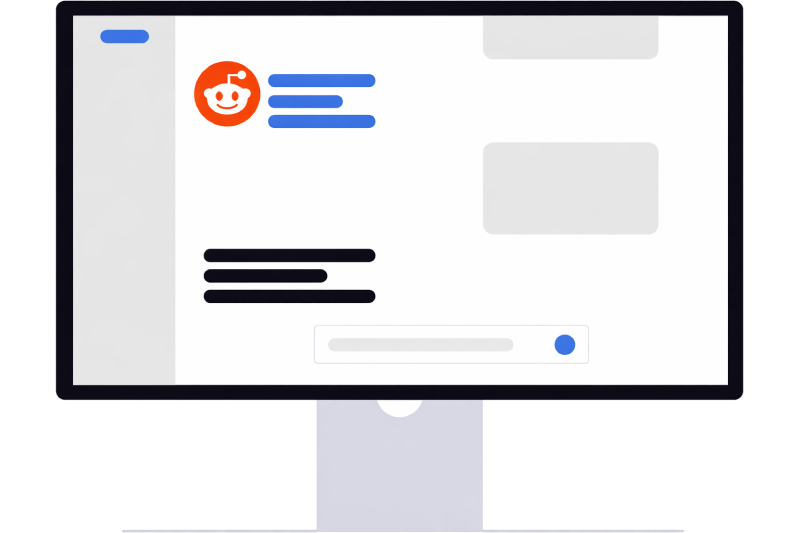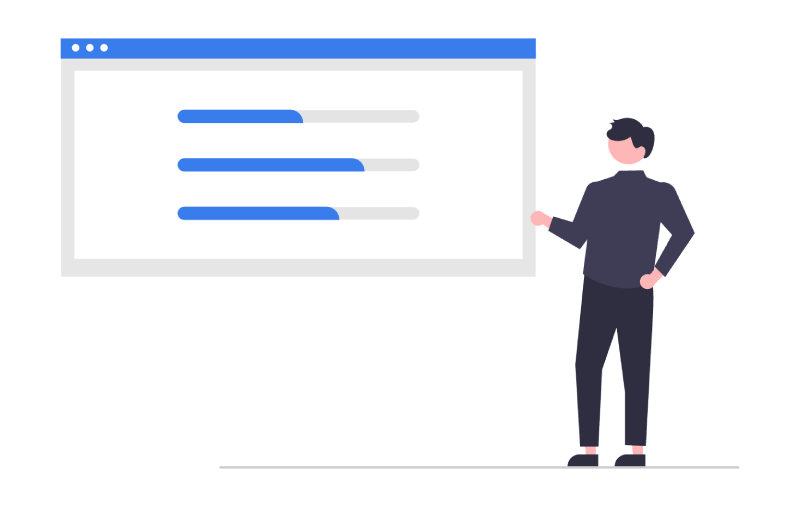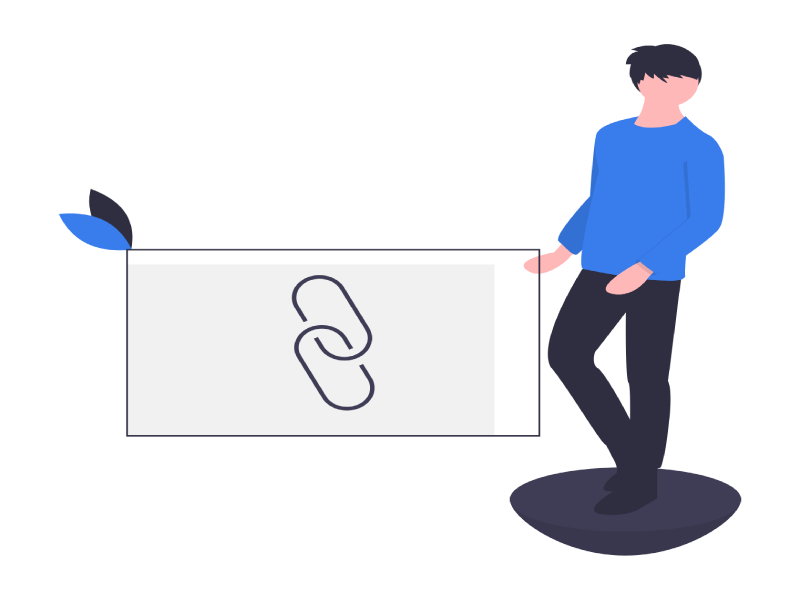There was a time when $200 bought you a full SEO package:
300 backlinks, 10 blog comments, 5 guest posts, and a promise to “rank fast.”
That time is over — not because Google changed the rules.
Because Google rewrote the game.
Since late 2023, algorithm updates and generative AI systems have made one thing clear: quality isn’t optional anymore.
Websites relying on scaled tactics, PBNs, spun content, or “authority through automation” saw brutal declines in 2024–2025.
In fact, according to Wired’s 2024 report, the search giant quietly initiated one of the broadest devaluations of synthetic, low-quality content ever seen. And it didn’t just hit spam. It hit anything that looked like spam — no matter how cleverly disguised.
“It’s not just that cheap SEO doesn’t work anymore. It actively puts your brand at risk.”
— Barry Schwartz, Search Engine Roundtable
This isn’t speculation.
Reddit’s r/SEO and r/BigSEO were flooded with titles like “My site tanked overnight” and “$10K wasted on backlinks.”
Legacy publishers saw parasitic pages deindexed. Agencies were ghosted by clients.
What we’re witnessing isn’t a shift — it’s an obituary.
Cheap SEO is dead. What’s replaced it is a new layer of expectation built around trust, clarity, and authority.

Why Cheap SEO Worked — and Why It Doesn’t Now
For a while, cheap SEO made sense — at least economically.
You could buy a batch of backlinks, rewrite trending articles, stuff a few keywords into your title, and get rewarded.
Not because it was ethical or high-quality, but because Google’s older systems had loopholes.
And the market knew it.
From 2012 to 2021, many of those loopholes remained open.
Link volume trumped link quality.
Domain authority could be gamed with expired domains.
“Helpful content” was whatever ranked, not necessarily what deserved to.
And then the ground shifted.
Between 2022 and 2025, Google rolled out a wave of behavioral and semantic updates — including the Helpful Content System (HCS), AI Overviews, and link trust recalibration.
Suddenly, the old tricks stopped working.
But more importantly, they started backfiring.
What Worked Then vs. What Hurts Now
| Tactic | Used to Help | Now Gets Penalized |
| Buying bulk backlinks (PBNs) | Boosted PageRank & visibility | Seen as manipulative, triggers link spam filter |
| Spun or rewritten articles | Passed uniqueness tests | Flagged by LLMs as derivative or thin |
| Keyword-stuffed titles | Matched basic intent signals | Downgraded in AI‑driven SERPs |
| Guest post farms | Increased referring domains | Devalued if lacking editorial trust |
| Blog comments/forum links | Crawled as part of the backlink graph | Ignored or seen as noise |
🗣️ “The SEO hacks of 2015 now raise red flags in 2025. Cheap tricks aren’t just ineffective — they’re traceable.”
— Glenn Gabe, GSQi
The Dangerous Part?
Many low-cost SEO providers have never updated their tactics.
They still sell “DA 50+ backlinks” with zero context, from domains riddled with casino links and expired WHOIS data.
If you’ve bought a “fast SEO package” in the past 18 months, there’s a real chance you’re:
- Carrying toxic anchor ratios
- Buried under duplicate content
- Listed in Google’s internal link suppression systems
Cheap SEO worked when algorithms were blind.
Now they’re watching — and learning.
If you haven’t updated your link strategy, your content formatting, or your entity trust signals, you’re not invisible.
You’re exposed.
What Google Now Recognizes as Quality Signals
Google’s not just looking at content anymore — it’s looking for context.
And in 2025, context = trust.
Search ranking has evolved beyond technical compliance and into behavioral alignment.
Google and AI search engines now ask:
- Does this content demonstrate experience?
- Is the author credible and known?
- Do readers engage — or bounce?
- Is the content referenced across the web — or is it self-contained and forgotten?
The Helpful Content System and SpamBrain don’t just scan your HTML.
They infer meaning, intent, and trustworthiness based on multiple signals — both on-site and off.
Core Quality Signals That Matter in 2025
| Signal | What It Means | Why It Matters Now |
| Experience (E) | First-hand use or authorship by a real expert | Helps AI and Google distinguish human insights from AI-generated fluff |
| Authoritativeness (A) | Published by a credible source in the niche | Reduces risk of AI hallucinations and search misinformation |
| Trustworthiness (T) | Transparent about identity, source, and reliability of content | Heavily weighted in YMYL (Your Money, Your Life) topics |
| Engagement Signals | High dwell time, low bounce, scroll depth | Indicate usefulness and satisfaction — now factored into ranking systems |
| Citation Frequency | Mentioned across forums, wikis, news, and Reddit | Supports LLM Confidence Bias and Answer Equity |
| Schema & Structure | Uses FAQPage, Organization, Article schema | Aids both crawling and answer extraction in AI Overviews / Gemini / Perplexity |
“Google isn’t just rewarding content anymore. It’s rewarding reputation — and clarity.”
— Lily Ray, Amsive Digital
Examples of High-Trust Content Today:
- A product review that links to the writer’s social profile + includes personal test data
- A local SEO guide authored by an agency with GMB presence + Reddit testimonials
- A SaaS landing page structured with TL;DR, LLM Meta Answer, and schema markup
- Blog posts reused in Reddit threads and cited in newsletters or Medium roundups
Takeaway:
If your content can’t be trusted, cited, and scanned, it won’t survive — even if it’s well-written.
Cheap SEO tactics can’t replicate trust signals — and that’s exactly what both Google (and AI) now prioritize.
Case Studies – When Cheap SEO Crashed vs. Quality Recovered
Theory is helpful — but nothing hits like real-world outcomes.
Below are two sites that saw radically different results after Google’s 2024–2025 update cycle. Both had traffic. Both had SEO budgets. Only one had quality signals.
Case #1: Affiliate Site That Tanked and Never Recovered
This affiliate blog operated in the home improvement niche.
They purchased 3,000 backlinks across PBNs and expired domains. Their content was AI-assisted and templated, with no author bios, schema, or internal links.
What happened?
- September 2024: traffic drops 50%
- March 2025: traffic drops another 30%
- No recovery after three update cycles
- AI Overviews stopped surfacing any of their content
- Bounce rate: 87%
- Top 20 pages: zero referring domains with DR > 20
Why?
- Link profile was toxic (over 60% exact-match anchors)
- Pages had no EEAT, no outbound citations, and no entity consistency
- Brand not mentioned on Reddit, Quora, or any trusted LLM surfaces
“We ranked high for a while – then Google turned off the faucet,” said the founder on r/juststart.
“They didn’t penalize us. They ignored us.”
Case #2: SaaS Company That Recovered and Scaled
This B2B startup lost 40% of its organic traffic after the November 2024 update.
But within 3 months, they had fully recovered – and were cited in AI Overviews for 7 key industry queries.
What they did:
- Performed a content audit and deleted 120 zombie pages
- Added LLM Meta Answers and structured intros to each blog post
- Implemented FAQPage schema across all product pages
- Built 20 editorial backlinks from niche blogs and podcast show notes
- Participated in 15 Reddit discussions using real company staff
- Created a mini glossary with consistent brand phrasing
Results:
- Traffic recovered by February 2025
- Top 5 posts cited in Perplexity and ChatGPT browsing
- 2,100 new brand clicks from Quora answers alone
- Conversion rate increased 17% (longer dwell time, clearer content)
Comparison Snapshot
| Affiliate Site ❌ | SaaS Blog ✅ | |
| Traffic Trend | –80% in 6 months | +47% in 90 days |
| Link Profile | PBNs, expired domains | Editorial, contextual links |
| Schema Use | None | FAQPage, Organization |
| Reddit/Quora Mentions | Zero | 15+ brand discussions |
| AI Answer Inclusion | Not cited | Cited in Perplexity, Gemini |
Takeaway:
You can’t outsource trust.
If your SEO is built on shortcuts, it’s only a matter of time before the model forgets you.
Why Quality Still Wins in the Age of AI Search
2025 proved one thing: SEO is no longer a contest of who ranks better – it’s a contest of who gets remembered.
Large Language Models (LLMs) like ChatGPT, Gemini, and Perplexity no longer “crawl and index” like traditional engines. They synthesize. They retrieve. And they favor clarity, consistency, and credibility.
That means your 5,000-word guide full of fluff won’t make the cut if:
- Your brand is never mentioned on Reddit, Quora, or Wikipedia
- Your answers aren’t clear, structured, or usable
- Your content isn’t cited, linked to, or referenced by trusted sources
What AI Engines Actually Prioritize:
✅ Citation-Worthy Content — TL;DRs, FAQs, single-paragraph definitions
✅ Schema Support — FAQPage, WebPage, Organization
✅ Entity Clarity — Brand phrasing repeated consistently across platforms
✅ Trust Clusters — References across niche blogs, Substack, YouTube, Reddit
“LLMs don’t reward presence — they reward pattern.”
— Barry Schwartz
What Gets Ignored by AI Search:
- Pages with no schema
- Content that sounds like rewritten filler
- Links from unrelated, off-topic blogs
- Brands with no off-site mentions
Even if you have DR 80, you’ll still be skipped if you’re unstructured and unseen.
Transition Checklist – From Cheap SEO to Sustainable Authority
You’ve seen the collapse.
You’ve seen what recovery looks like.
Now here’s how to move – step by step – from outdated, high-risk SEO tactics to a modern, LLM-aligned authority strategy.
No vague advice. Just battle-tested actions.
Step 1: Audit and Remove Toxic SEO Debt
Think of bad links and thin pages as liabilities on your SEO balance sheet.
Action Items:
- Use Ahrefs / Semrush to identify links from PBNs, spun blogs, or irrelevant domains
- Disavow or replace low-quality links with editorial outreach
- Run a content audit: delete or rewrite pages with low traffic, zero backlinks, and no user signals
“Your link profile is now part of your reputation — not just your ranking.”
— Glenn Gabe
Step 2: Build for Trust, Not Just Traffic
Forget “top 10 tools” templates. Forget 800-word “what is X” pages.
What works now:
- Long-form, authored content that shows real experience
- TL;DR summaries, bolded takeaways, skimmable headings
- Real brand identity: About page, social links, structured authorship
Step 3: Rebuild Your Link Presence — Strategically
Editorial backlinks still matter — but now, where and how you’re cited matters more.
Tactics:
- Secure guest posts on trusted niche blogs with actual traffic
- Get cited in industry roundups, podcast show notes, or case studies
- Add internal prompt-style anchors (e.g., “how our foundation package works”)
- Contribute to Quora and Reddit threads that rank in Perplexity and Gemini
This builds Generative Link Presence — links that LLMs actually see and reuse.
Step 4: Monitor What Search Engines and AI See
Use the right tools to see what matters now:
| Tool | Purpose |
| Glasp | Checks AI citation visibility |
| ChatGPT Browsing | Tests prompt coverage |
| You.com / Gemini | Validates TL;DR answer reuse |
| GSC + Hotjar | Tracks engagement & bounce recovery |
Final Takeaway – SEO Has Changed. Have You?
There was a time when SEO was a game of checkboxes.
Get backlinks. Hit a keyword count. Buy a few guest posts. Done.
That era is over.
What we’ve seen in 2024–2025 isn’t just a new update. It’s a paradigm shift – from volume to value, from ranking to retrievability, from cheap tactics to earned trust.
What You Must Accept Moving Forward:
✅ Cheap SEO isn’t just dead — it’s dangerous.
Spammy links, spun content, and “DA-chasing” now trigger suppression, not success.
✅ AI isn’t killing SEO — it’s redefining it.
Large Language Models now help surface brands that are structured, cited, and remembered.
✅ Quality signals aren’t theoretical — they’re measurable.
Schema, brand consistency, Reddit mentions, and user engagement all contribute to inclusion in AI search surfaces and traditional SERPs.
✅ Survival now depends on systems.
You need a strategy that earns trust every month — not quick wins that fade after every update.
“In 2025, ranking on Google isn’t the goal.
Being trusted enough to be included — that’s the new game.”
— Barry Schwartz, Search Engine Land
If your site felt the fallout of the latest updates, you weren’t targeted.
You were filtered.
Now, you have a choice:
- Keep chasing shortcuts.
- Or build a brand that trains the model to remember you.
Choose the second one.







